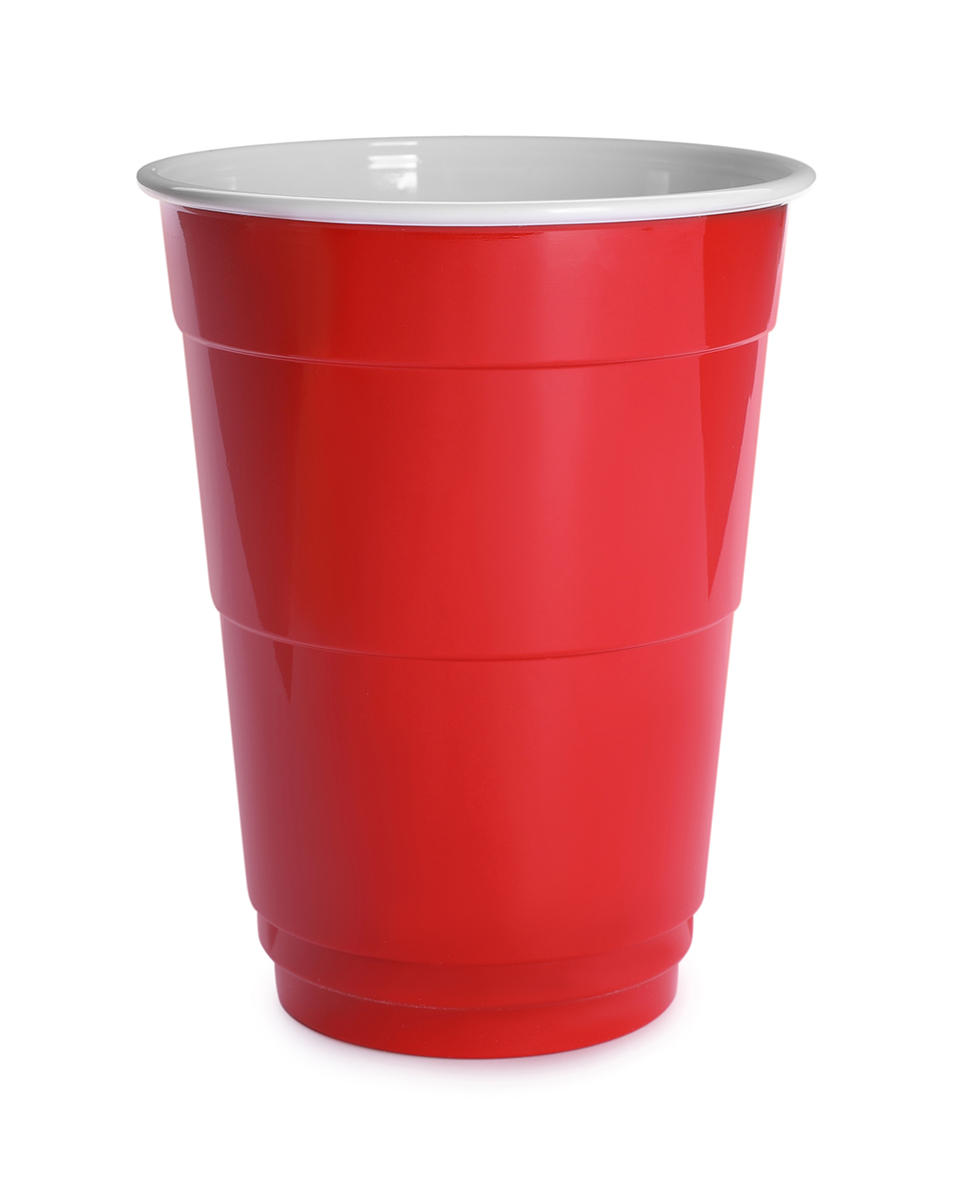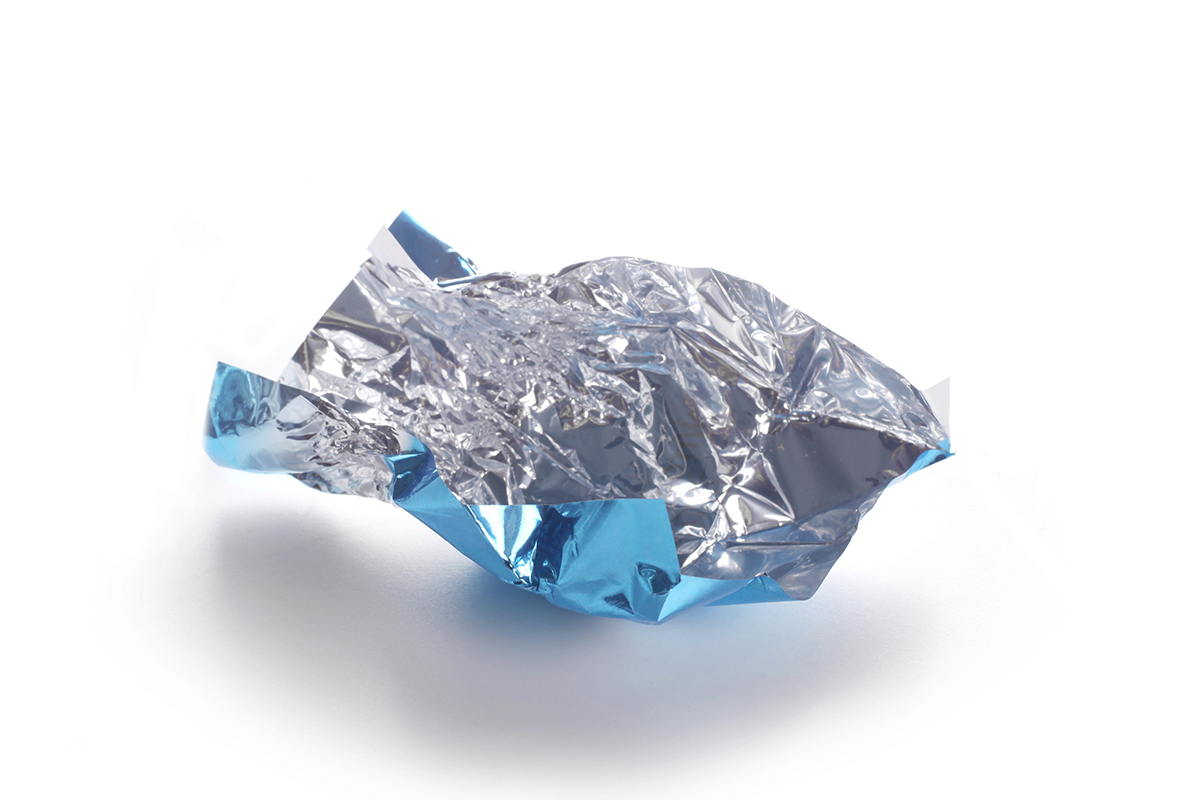Plastics #3, #6 and #7
Plastics displaying resin codes #3, #6, and #7 should be disposed of in the trash. They are not recyclable because they are low-value plastic resins.

Bags and Film
Non-recyclable bags and film, including snack wrappers, cellophane, coffee bags, and prepared food pouches should be disposed of in the trash. These items are not recyclable because they are made with multiple types of materials/plastic resins that can’t be separated.

Building Materials
Used plastic building materials such as vinyl blinds, fencing, and siding should be disposed of in the trash. These items are not recyclable because of weathering, building codes and they are made from low-value plastic resins.
Clamshells
Plastic clamshells such as fruit and veggie containers and take-out boxes should be disposed of in the trash. These items are not recyclable because they are heavily contaminated with food and are made from low-value plastic resins.
Cutlery
Plastic knives, forks, and spoons should be disposed of in the trash. These items are not recyclable because they are too small, heavily contaminated with food, and are made from low-value plastic resins.
Dessert Trays
Plastic dessert trays that contain items such as doughnuts and pastries and the trays inside cookie packaging should be disposed of in the trash. These items are not recyclable because they are made from low-value plastic resins.
Disposable Tableware
Plastic and styrofoam tableware such as plates, cups, and bowls should be disposed of in the trash. These items are not recyclable because they are heavily contaminated by food and are made from low-value plastic resins.
FoodTrays
Plastic food trays including carryout, catering, dessert, and microwave trays should be disposed of in the trash. They are not recyclable because they are heavily contaminated with food and are made from low-value plastic resins.
Hazardous Substance Containers
Plastic hazardous substance containers such as automotive fluids, pesticides, and drain cleaners should be disposed of in the trash. These items are not recyclable because they contained hazardous substances.
Medical and Personal Hygiene
Any type of plastic used for personal hygiene such as diapers or feminine hygiene products or for medical purposes including syringes, gloves, and tubing should be disposed of in the trash. These items are not recyclable because they contain hazardous substances.
PE-LD Packing Foam
PE-LD packing foam should be disposed of in the trash. It looks similar to Styrofoam, but it bends instead of breaking. It cannot be recycled because is made from low-value plastic resins.
Plastic cups
Disposable plastic cups and plastic cups from fast food, coffee shops and convenience stores should be disposed of in the trash. They are not recyclable because they are heavily contaminated with food and because they are made from low-value plastic resins.
Prescription and Medication Bottles
Prescription and over-the-counter medication bottles are not recyclable and should be disposed of in the trash. They are not recyclable because they are too small, can contain traces of the medications they contained, and are made from low-value plastic resins. Animal shelters will occasionally accept empty prescription bottles for donation. They reuse them for animal medications. Always contact first.
Straws
Plastic straws should be disposed of in the trash. They are not recyclable because they are heavily contaminated with food and are made from low-value plastic resins.
Styrofoam Food Containers
Styrofoam food containers such as takeout boxes, plates, cups, egg cartons and meat trays should be disposed of in the trash. They are not recyclable because they are heavily contaminated with food and are made from low-value plastic resins.
Tubes
Plastic tubes from items such as toothpaste, lotion, and glue should be disposed of in the trash. They are not recyclable because they are heavily contaminated by the products they contain and are made from low-value plastic resins.